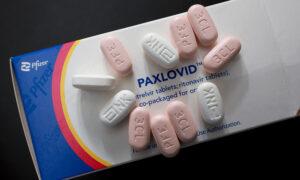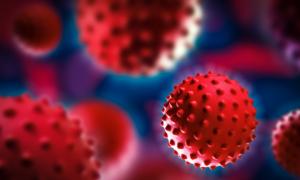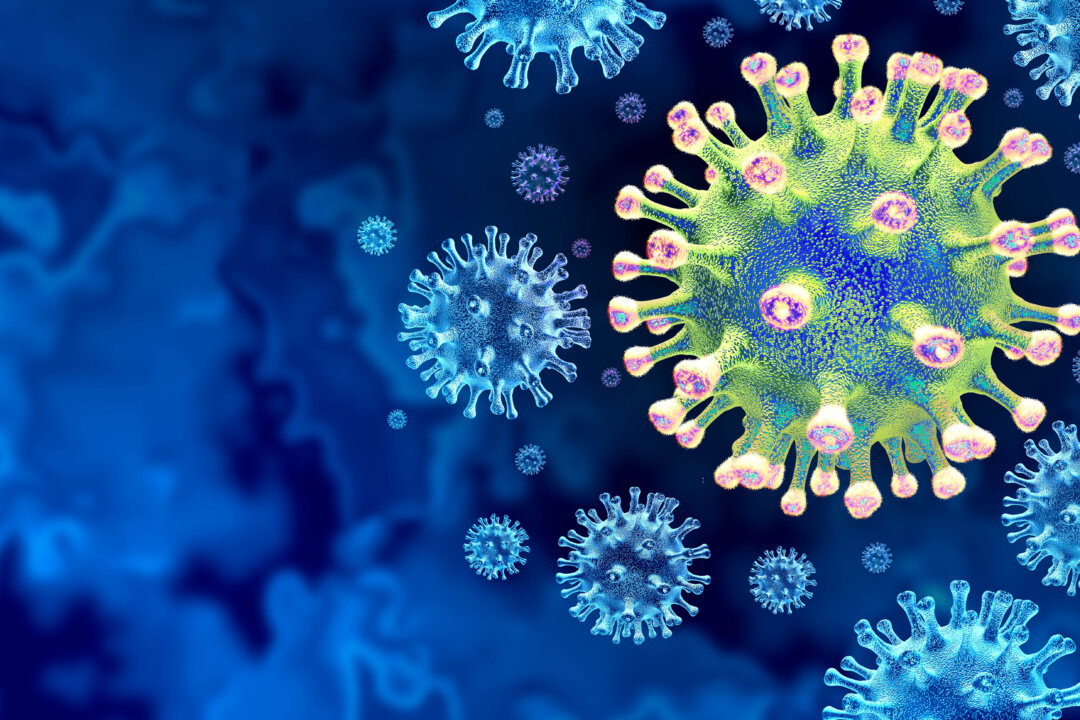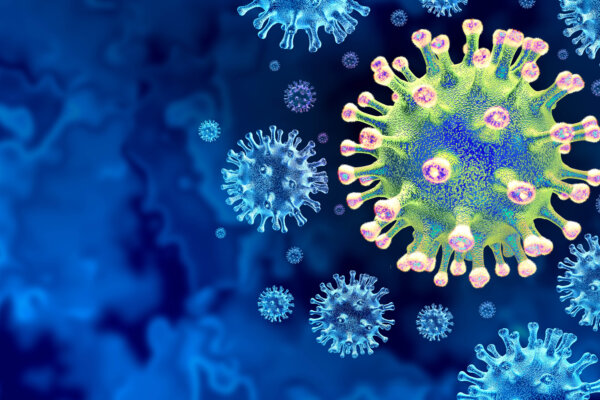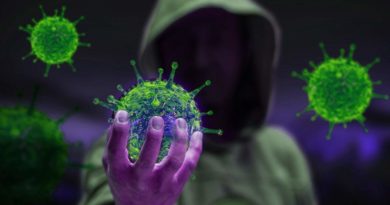Study Finds COVID Vaccination Independently Associated With Long COVID Syndrome
Developing long COVID appears to be more likely after two doses of a COVID-19 vaccine, suggesting that the spike protein may contribute to the phenomenon.
People who receive two doses of a COVID-19 vaccine may be more likely to develop long-COVID, a new study finds.
Researchers found that the greater the severity of infection a patient had, the more likely they were to experience long COVID. The incidence of long COVID at four weeks of follow-up in those who experienced mild/moderate disease was 23.4 percent compared with 62.5 percent in those with severe cases.
At six months, the incidence of long COVID was considerably lower. For those with mild/moderate infection, only 7.2 percent reported symptoms compared with 23.1 percent in those with severe/critical cases. The most commonly reported symptom was fatigue. Other symptoms included cough, cognitive dysfunction or brain fog, and loss of taste and smell.
During the four-week follow-up, patients were more likely to experience long COVID if they had preexisting medical conditions, a higher number of symptoms during the acute phase of COVID-19 illness, if their infection was more severe or resulted in hospitalization, or if they had received two COVID-19 vaccine doses.
Although previous vaccination was associated with long COVID, the authors could not find “any interaction effect of COVID-19 vaccination and acute COVID-19 severity on causing Long COVID.”
How COVID-19 Vaccines May Contribute to Long COVID
Nearly 7 percent of U.S. adults surveyed in 2022 said they’ve experienced long COVID—a condition commonly thought only to be associated with SARS-CoV-2 infection. Although definitions of long COVID differ, the Centers for Disease Control and Prevention broadly defines long COVID as “signs, symptoms, and conditions that continue to develop after acute COVID-19 infection” that can last for “weeks, months, or years.” The term “long COVID” is also used to refer to post-acute sequelae of SARS CoV-2 infection (PASC), long-haul COVID, and post-acute sequelae of COVID-19.
One theory is that vaccination may cause some people to generate a second round of antibodies that target the first. These antibodies could function like spike protein, which targets the angiotensin-converting enzyme 2 (ACE2) receptor—a cell surface protein—and enables the virus to enter cells. Like spike protein, these “rogue antibodies” might also bind to the ACE2 receptor and disrupt ACE2 signaling, which can cause conditions associated with long COVID.
“This study, in agreement with other published investigations, demonstrates that both natural and vaccine spike protein may still be present in long-COVID patients, thus supporting the existence of a possible mechanism that causes the persistence of spike protein in the human body for much longer than predicted by early studies,” the authors wrote.
